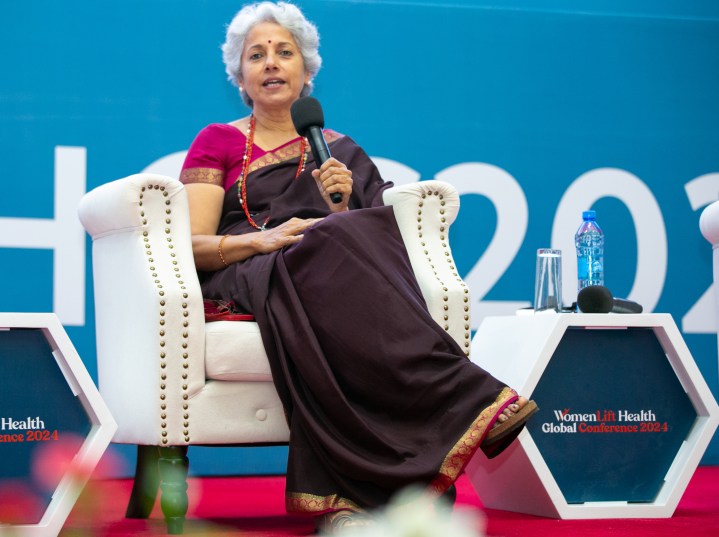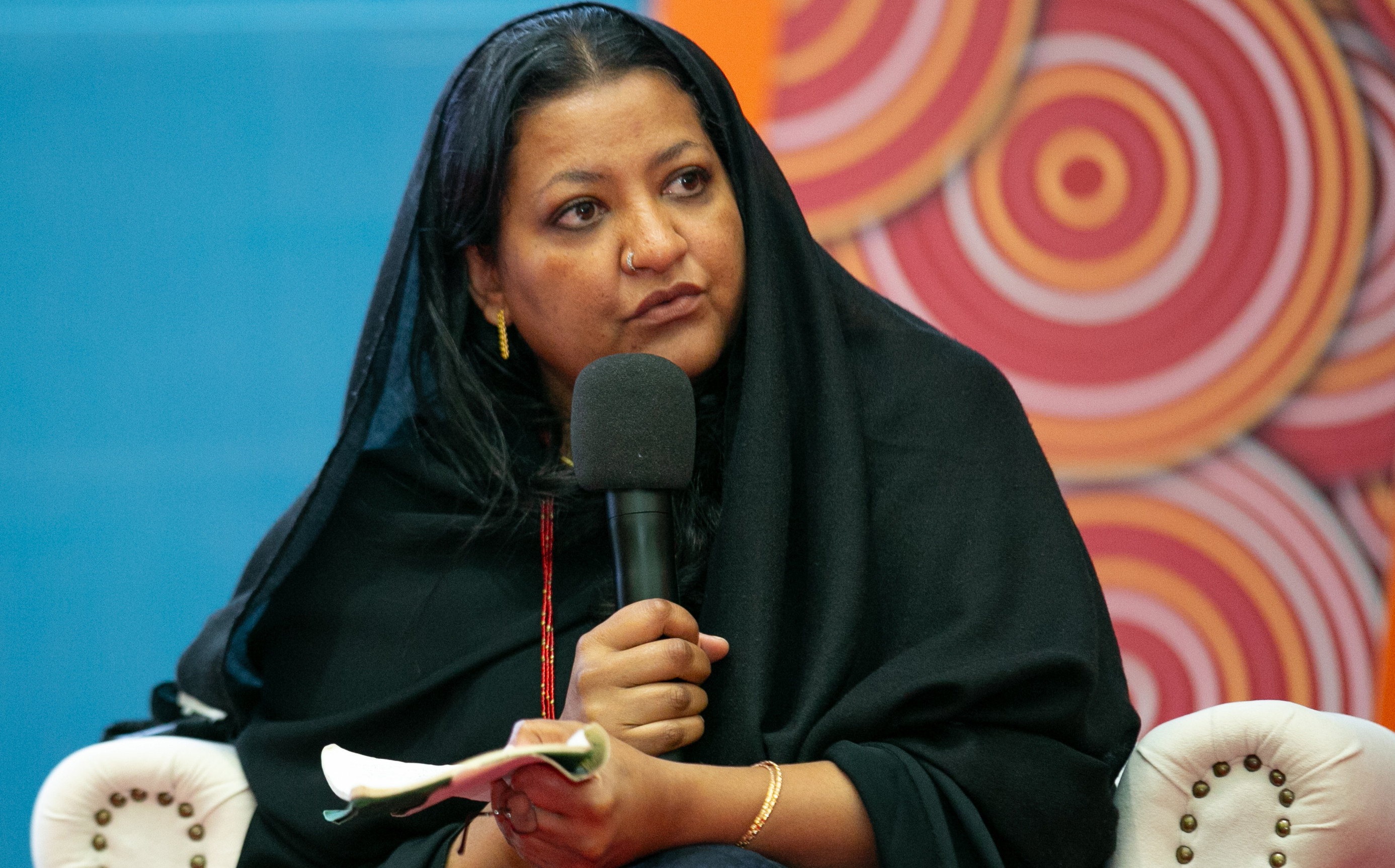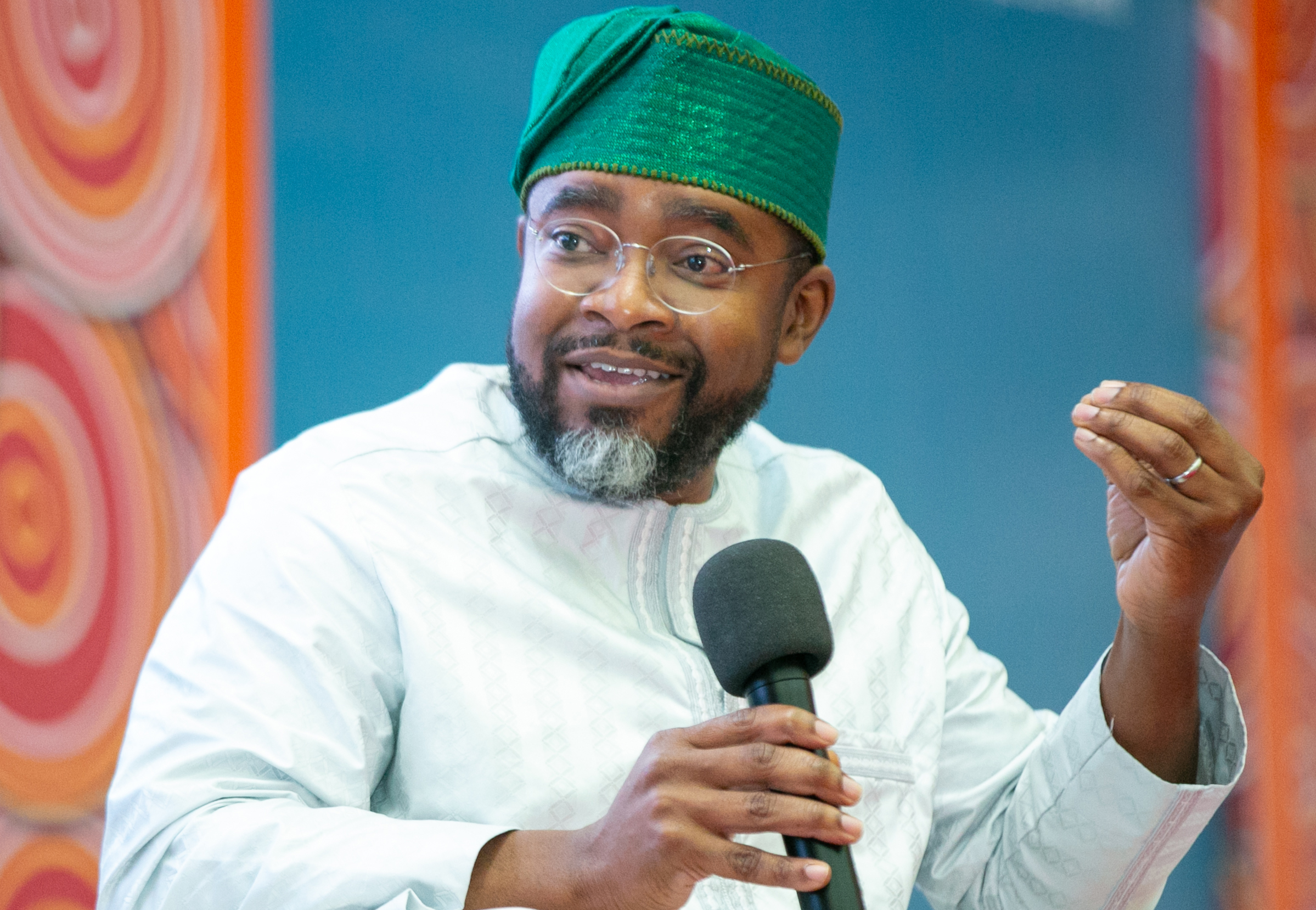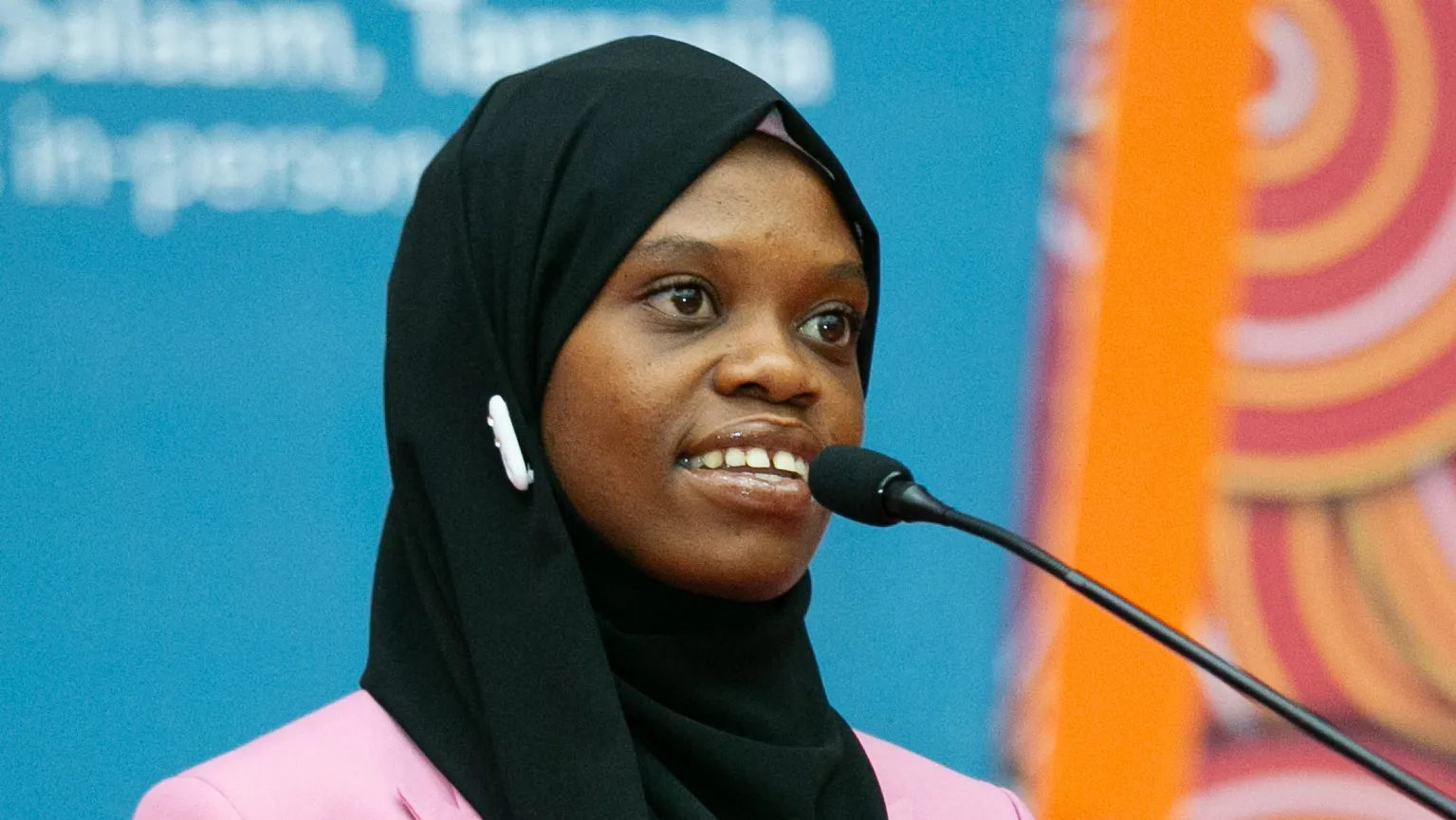IMPACT
Women and children hit hardest by climate change, global health conference told

While the global community has begun to recognise the health impacts of climate change, many people are already suffering, with women bearing the brunt.
‘Climate change is very real. It’s not something about the future. It’s also not … about a few polar bears that are not going to have ice any more to live on,” former chief scientist of the World Health Organization (WHO) Dr Soumya Swaminathan said.
“It’s actually about the now, and the impact that it’s having on people, particularly the people who are already the most vulnerable, the most marginalised, the poorest in the world, and of course, women and children are disproportionately affected.”
Swaminathan was speaking at a panel discussion that explored the intersection of gender, climate change and women’s leadership. The discussion was held at the WomenLift Health Global Conference 2024 in Dar es Salaam, Tanzania under the theme “Reimagining leadership: new approaches to new challenges”.
Moderated by Dr Yvonne Maingey-Muriuki, the panel included Sareen Malik, the executive secretary for the African Civil Society Network on Water; and Dr Debisi Araba, a public policy innovation and strategy specialist.
While there had been 28 United Nations Climate Change Conferences (COPs), only COP28 included discussions of health, Swaminathan said.
“I think there’s been a huge gap globally. [The] WHO has been raising the issue of the health impacts of climate change, the health impacts of air pollution, the fact that these are disproportionately borne by women and children for many years now,” she said.
“But it’s only now that the global community has at least recognised that health impacts are already happening, and that the adaptation to climate change, the emphasis, the financing, the attention on adaptation, were far behind where they should have been and a lot of people are already suffering impacts.”
Read more in Daily Maverick: Climbing temperatures pose risk to health and strain healthcare systems — expert
According to the United Nations Development Programme, women and children are 14 times more likely to die in natural disasters than men, and whenever there is a climate hazard, women suffer disproportionately.
“This includes things like increased gender-based violence and intimate partner violence, girl-child marriage going up, teenage pregnancies going up. So everything that we’ve been working to improve, actually, we are seeing a setback,” Swaminathan said.
Natural disasters also increase vector-borne diseases like malaria and dengue fever, foodborne diseases and waterborne diseases. Swaminathan said the impact of heatwaves was “very worrying”.
“Research is now showing that heat exposure to women, particularly outdoor workers, you will have higher rates of preeclampsia, as well as higher rates of stillbirth, premature deliveries and newborn babies also suffering from it,” she said.
Read more in Daily Maverick: How rising temperatures threaten farmworkers in Northern Cape, South Africa’s sunniest province
“It’s very clear that the impacts of climate change on human health are already occurring. They’re very real. They are both direct and indirect, seen and unseen, but women are facing a disproportionate burden.”
Water crisis

Sareen Malik stressed the need to use legislation for meaningful impact when addressing the climate crisis. (Photo: Supplied)
Malik said climate change was a risk amplifier and water was a resilience multiplier.
“The climate change crisis is a water crisis, the water crisis is a governance crisis. This dark triad has a severe impact on health outcomes […] its impact even further [on] women and girls, who we all know are the ones that have the burden of fetching water and all kinds of things that are related to water,” she said.
Malik stressed the need to use legislation for meaningful impact.
“Policies are important, but policies are like a suggestion. You cannot take a policy to court. Law, the rule of law, is absolutely critical in making sure that … health outcomes are realised,” she said.
“You have practice, you have policy, you need to operationalise that policy through law, and it needs to be direct, it needs to be visible, it needs to be meaningful, and more importantly, justiciable,” she said.

Dr Debisi Araba said a climate change crisis led to a food crisis that turned into a nutrition crisis which disproportionately affected women. (Photo: Supplied)
Araba said he had concerns about the strength and success of policy as a tool.
“I have seen, especially in my time in government and the government of Nigeria, how policies targeted at bridging gender equity and equality succeeded, but in a short span of time [were] unbundled with the stroke of a pen,” he said.
Read more in Daily Maverick: Gender inequality forcing African women to bear brunt of climate change storm
Araba said the climate change crisis was also a food crisis and a nutrition crisis which disproportionately affected women.
“As the concentration of CO2 levels are increasing, the ability of a crop to absorb nutrients from the soil reduces. So as CO2 concentration increases, we have less nutritious crops. If we consume less nutritious crops, it means our bodies are taking on fewer nutrients,” he said.
Women-led solutions
Communities were taking measures to address climate-related challenges, Swaminathan said. She gave the example of women living in low-income housing in Rajasthan, India, who paint their roofs with reflective paint, which considerably reduces the temperature inside the homes.
“It has been shown by research that giving the same set of resources to men and women, women use it actually better, and they use it more for societal impact and community impact.”
Read more in Daily Maverick: Women Warriors are spearheading the climate justice movement in South Africa

Zuhura Ahmad, a Tanzanian climate activist, stressed the importance of supporting women at the forefront of climate action as a catalyst for lasting change. (Photo: Supplied)
Before the panel discussion, Zuhura Ahmad, a Tanzanian climate activist gave a spotlight talk, highlighting how women were leading innovative ventures to shape climate action in Tanzania.
Ahmad is the head of programmes at the Women in Recycling Foundation which seeks to empower women, promote environmental sustainability and contribute to climate resilience through effective waste management and recycling practices.
She spoke of seaweed farming, which is the third-largest export industry in Tanzania and employs more than 25,000 farmers, 80% of whom are women.
“Women have risen as leaders in the fight despite being marginalised. The seaweed farmers along the coast cultivate not just seaweed, but hope,” she said.
“These stories of resilience are not isolated, they represent a growing movement where women’s leadership in climate action is creating waves of change.
“Support the policies, fund the projects, and sponsor the projects that support women at the forefront of climate action.” DM



















Comments - Please login in order to comment.